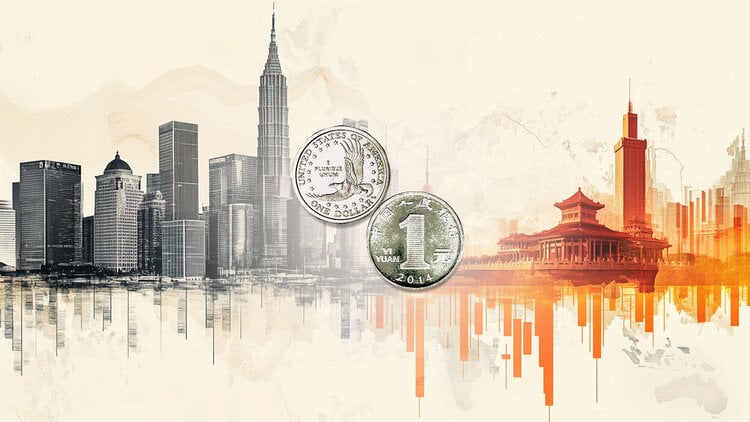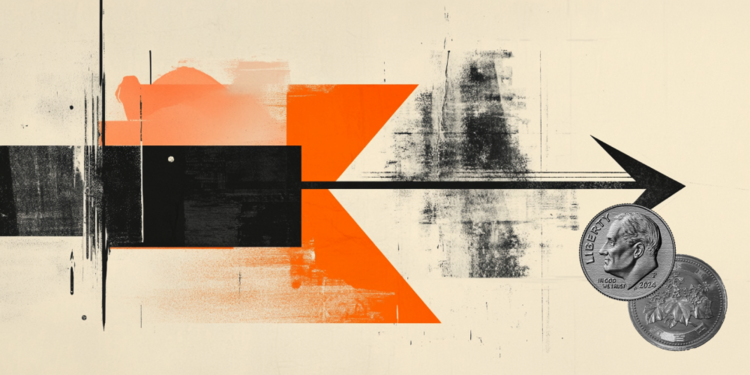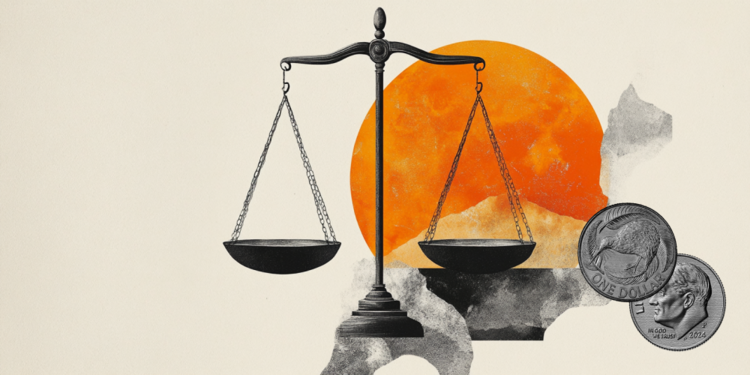Rio de Janeiro will have a stock exchange for the purchase and sale of carbon credits and sustainable assets, such as energy, climate and forests. A protocol of intent was signed this Tuesday (8), in New York, by Governor Cláudio Castro, with Nasdaq and the Global Environmental Asset Platform (GEAP), the first step towards implementing the platform in Brazil.
According to the Rio de Janeiro government, the agreement will guarantee Rio a leading role in the green economy. Nasdaq is the US automated stock market where more than 2,800 shares of different companies are listed, mostly small and mid-caps.
The partnership established provides for the exchange of information between the state government, Nasdaq and Geap for the implementation of public policies to certify, issue and negotiate carbon credits, such as, for example, the delivery of environmental credits to taxpayers who pay their Motor Vehicle Property Tax (IPVA) debts.
Within 90 days, a pilot project and a working group must be created to discuss the proposed measures. At the end of the evaluation period, the installation of a Brazilian subsidiary of Nasdaq in Rio de Janeiro will be examined. The Environmental Assets Exchange should operate in the second half of this year.
Good news
For former president of the Rio de Janeiro Stock Exchange (BVRJ) Carlos Alberto Reis, the association with Nasdaq “can only be good”. “This is very positive news,” he told Agência Brasil today (9th).
Although he has never operated with environmental assets, Carlos Reis stressed that it is good news that Rio de Janeiro has a stock market again. Even more so if the future institution comes to have a physical headquarters in the center of the city, currently abandoned.
He hopes that the headquarters will be in Praça 15, where BVRJ operated until 2002, when it was incorporated by the Mercantile and Futures Exchange (BM&F), or in the Port of Rio.
The BVRJ was the oldest stock exchange in the country, inaugurated on July 14, 1820, three years after the Bahia Stock Exchange (Bovesba), which only began to operate in 1851, by imperial decree.
Carlos Reis was elected president of BVRJ for two terms: 1992 to 1994 and 1998 to 2001. As a holder of the Rio Stock Exchange, he worked and fought for a more transparent and efficient stock market, in addition to creating international partnerships with European and Latin stock exchanges. -American
The opinion was shared by Ricardo Nogueira, director of the Union of Securities Brokers and Distributors of Rio de Janeiro (Sindicor RJ). Nogueira recalled that the matter has been discussed for some years in the country.
“With the state taking the lead, it’s very good and also with Nasdaq, which has the technology and experience.” Speaking to Agência Brasil, the director of Sindicor RJ reinforced: “Having an environmental asset exchange headquartered in Rio is very good, both economically and institutionally for Rio de Janeiro, in terms of image”.
CO2
Governor Cláudio Castro said that the government team has been working on this agreement for 8 months. Nasdaq will provide the technology and the state of Rio de Janeiro, the environmental assets. The expectation is that the environmental economic potential of Rio reaches a stock of carbon dioxide (CO2) of 73 million tons, representing R$ 25 billion.
“Each ton of this environmental asset can cost, on average, US$ 5. The segment is gaining strength around the world and is seen as one of the alternatives for the recovery of the economy after the crisis caused by the covid-19 pandemic”, said Castro. .
The second largest stock market by market capitalization in the world, after the New York Stock Exchange, Nasdaq is a pioneer in the topic of sustainability.
In partnership with the United Nations (UN), it created the Sustainable Stock Exchanges (SSE), a program that provides a global platform for exchanges to encourage sustainable investment with the collaboration of investors and companies.
In 2018, the world’s first regulated digital exchange for asset-based tokens (digital security tool for validating and authenticating financial transactions) was launched, operated by Nasdaq Technologies.
Nasdaq Technologies Associate Vice President Carlos Patiño said the company is interested in being part of this type of initiative. “It will be a challenge to participate in this creative project. We have a lot to do, but we are looking forward to starting this work together with the state of Rio de Janeiro,” he said.
carbon market
Carbon credits are sold by countries that have reduced emissions to other nations that have not met their greenhouse gas (GHG) reduction targets.
The financial resources obtained are applied to projects that emit greenhouse gases, such as reforestation and other actions. The new market will generate jobs and attract national and international companies, in addition to making Rio de Janeiro a leader in the low carbon economy, signaled the governor.
The Secretary of State for Finance, Nelson Rocha, informed that the goal is also to bring environmental assets from the private sector to be traded through the Nasdaq platform, which, in principle, will operate abroad. “We are going to create a favorable environment for this expansion to take place in the coming years. We want to make Rio a hub (base) for investments in environmental assets.”
According to the Rio de Janeiro government, the state of Rio de Janeiro had 31% of its area covered by natural forests, corresponding to 1.3 million hectares. By 2050, the expectation is to increase the Atlantic Forest forest area in the state by 10%.
With an initial investment of R$ 410 million, the Florestas do Amanhã project was created with the objective of reforesting more than 5 thousand hectares with native species. The measure ensures the maintenance of slopes and water resources, in addition to promoting sustainable development.
It is estimated that the program, in its first phase of implementation, will generate more than 5,000 jobs.
The Secretary of Environment and Sustainability, Thiago Pampolha, informed that the government wants to be a national reference in the carbon market. “Since last July, we have been working to identify the actions necessary for the state to achieve the title of ‘carbon neutral’. The goal is to have net greenhouse gas emissions fully neutralized by the year 2045.”
Source: CNN Brasil
I am Sophia william, author of World Stock Market. I have a degree in journalism from the University of Missouri and I have worked as a reporter for several news websites. I have a passion for writing and informing people about the latest news and events happening in the world. I strive to be accurate and unbiased in my reporting, and I hope to provide readers with valuable information that they can use to make informed decisions.







